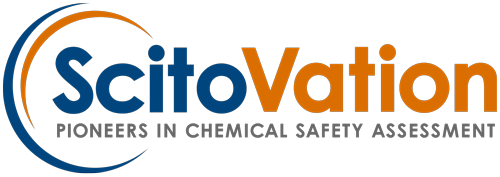DURHAM, N.C. (PRWEB) July 11, 2023: ScitoVation is the recipient of the National Institute of Environmental Health Science (NIEHS) Small Business Innovation Research (SBIR) Phase I award of $269,977. The SBIR program is a highly competitive program that encourages domestic small businesses to engage in Federal Research/Research and Development (R/R&D) with the potential for commercialization; enabling small businesses to explore their technological potential and provide the incentive to profit from its commercialization.
Marjory Moreau, PhD, ScitoVation’s Associate Director of Computational Toxicology, explains the focus of this SBIR Phase I application: “We will develop a tiered approach that integrates existing pharmacokinetic models for pregnancy into a computational application that can be adapted to current and emerging NAMs for developmental toxicity. The primary aim of the proposed project is to deliver an out-of-the-box computational solution for predicting the dose-response of possible human health effects by performing in vitro-to-in vivo extrapolation (IVIVE).”
Successful completion of this Phase I project will result in a model that will undergo further development and commercialization in Phase II, with the goal of providing an IVIVE computational model to ScitoVation’s customers. This developmental toxicity product fits into ScitoVation’s existing NAM products that reduce reliance on current in vivo animal models.
Jean Orelien, DrPH, MStat, CEO ScitoVation, is proud of the contributions his team is making.”This SBIR award is another testament of our commitment to developing new approach methods to address toxicity including computational tools. Developmental toxicity is one of the areas where we believe we can impact with our expertise in translating dose findings from in vitro studies to human equivalent.”
Funding officially started on July 7, 2023. For additional questions, please contact Marjory Moreau: mmoreau@scitovation.com
Research reported in this publication was supported by the National Institute Of Environmental Health Sciences of the National Institutes of Health under Award Number R43ES035657. The content is solely the responsibility of the authors and does not necessarily represent the official views of the National Institutes of Health.
